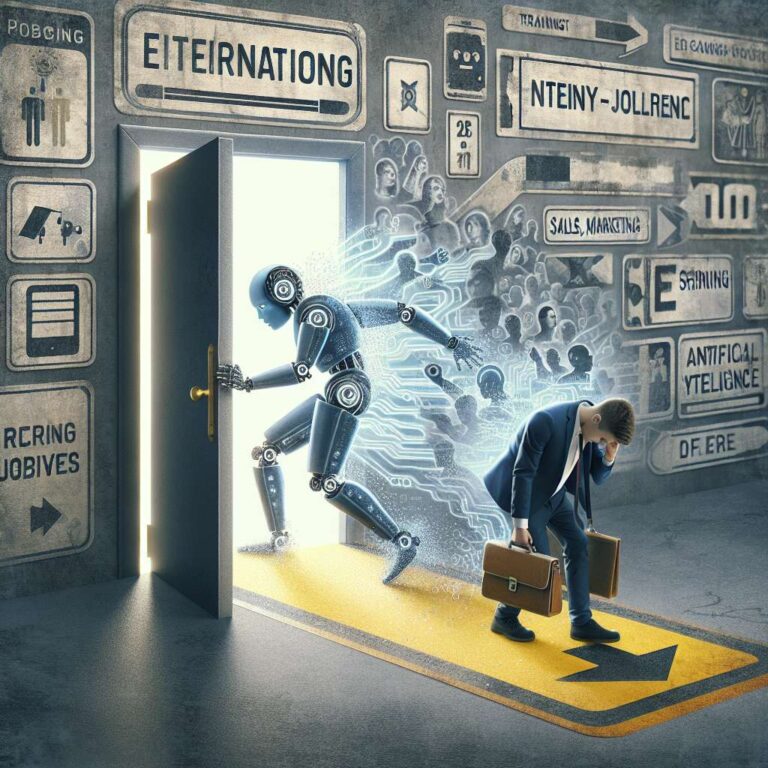Recent graduate Jacqueline Silver assumed a computer science degree would secure quick employment. Instead, the McGill University alum, now in Toronto, spent more than a year applying to hundreds of roles before landing a job this month, a process she described as exhausting and discouraging. Her experience mirrors a broader shift in the job market as the spread of Artificial Intelligence reduces the number of entry-level opportunities, including in computer science, and disproportionately affects young job seekers.
A Stanford University academic paper cited in the report found that early-career workers aged 22 to 25 in the most Artificial Intelligence exposed occupations have seen employment decline, while experienced workers and those in less exposed fields maintained or grew their employment. Hamoon Ekhtiari, CEO of FutureFit Artificial Intelligence, a Canadian firm that uses Artificial Intelligence to connect people to jobs, said the most exposed roles include junior positions in software development, sales, marketing, and customer service. He called the impact complex, noting that Artificial Intelligence will create new opportunities even as it changes or displaces others.
Silver said generative Artificial Intelligence tools such as ChatGPT can write code quite well, reducing the need for many entry-level coders, though human oversight is still required. Ekhtiari urged companies to look beyond short-term gains and cultivate young talent, while schools should better connect learners to skills training and governments should do more to support people through job transitions. The traditional promise that four years of school leads to a 40-year career no longer holds, he said.
Catherine Connelly, a human resources and management professor at McMaster University, said some employers are finding that Artificial Intelligence is not a replacement for humans in strategic and decision-making roles. However, automating routine entry-level tasks risks cutting off pathways into the workforce. The pressure is reflected in national data: unemployment for Canadians aged 15 to 24 rose to 14.7 percent in September, a 15-year high outside the pandemic years. Conservative MP Garnett Genuis warned of a deepening youth unemployment crisis and criticized the federal government’s approach, pitching more financial education supports in high-demand fields and incentives for employers to build worker housing. Jennifer Kozelj, spokesperson for Minister of Jobs and Families Patty Hajdu, said the government is acting with urgency to harness Artificial Intelligence for productivity while ensuring no worker is left behind.

